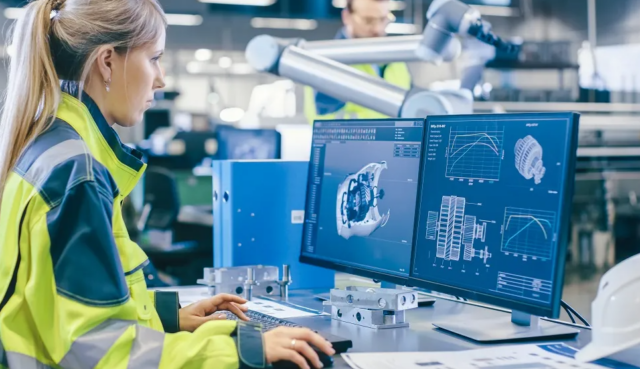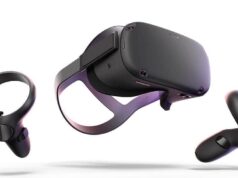Digitalization is a small word that can bring big, tectonic changes in numerous industries. Considering the fact that the world as we know it, changes on a daily basis and is going forward when it comes to modern technologies, digitalization is a complex process with a goal of modernizing industrial (and other) processes, and switching to using digital technology rather than the old, commonly known and outdated systems of functioning.
It could be said that digitalization is only a part of the bigger picture, since it aims to be the bridge of adjustment between the most modern technologies such as Artificial intelligence and the most analogue ones, that can be found in old factories or different businesses.
That being said, it’s important to distinguish the two words that sound quite similar, one is digitization while the other is digitalization. What is the difference between them and is there any difference? Although they sound like synonyms for each other, their meaning is completely different.
We’ve already explained that digitalization is a switch from the old systems to modern digital technologies. Well, digitalization simply means turning something that is not digital, into a digital format, for example typing in data into to Google sheets (which is, in this case, the simplest example of this process).
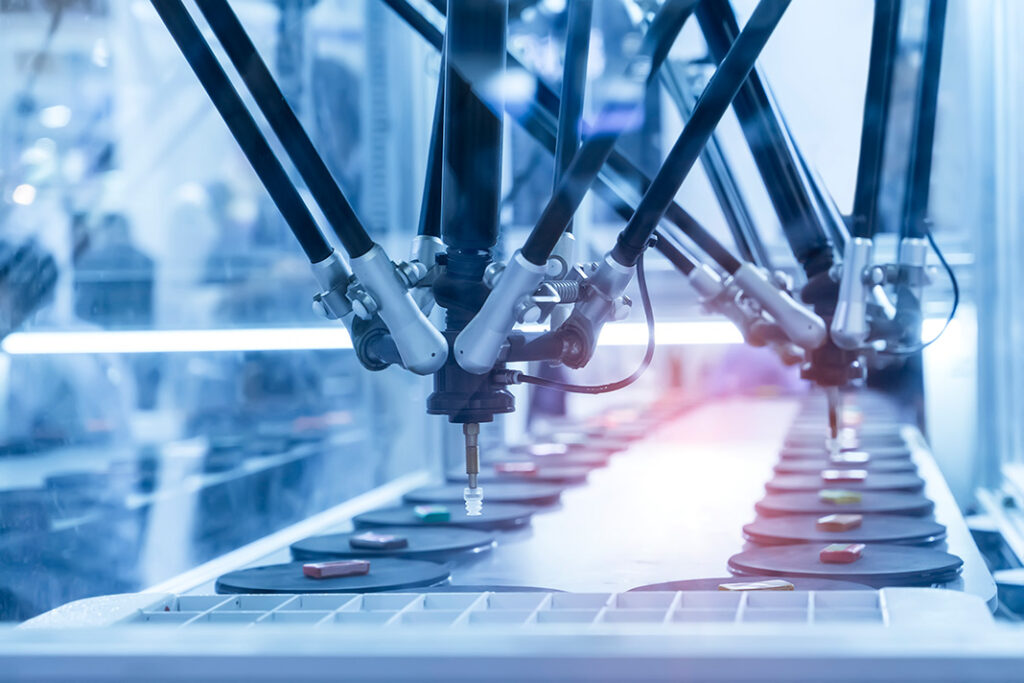
However, both of these terms are equally important for both small and big businesses, since they help these businesses go forward and be up to date with the fast-paced world and the global marketplace that requires high levels of organization, productivity and modernization from all its participants.
They are not only equally important but they are also extremely intertwined. What does this mean? It means that digitalization is a part of digital innovation and the other way around, for example, architectural sketches are being made in some of the computer programs such as AutoCAD, rather than drawing them on paper, and then these drawings are being executed in different ways, of which some rely on digital technologies, as a part of digitalization.
There is one fields in which digitalization doesn’t only mean being up to date with everything that happens in the world and in the economy, but it rather means that things will never be the same when it comes to certain processes, and more importantly – expectations and opportunities, according to https://ezfactory.nl/.
This is the manufacturing field. Is there a connection between manufacturing and digitalization? There most certainly is.
Manufacturing and digitalization are more than connected –there are numerous advantages and benefits that the manufacturing industry faces and will face in future, when digital productions, tools and solutions take over the majority of manufacturing processes or parts of the manufacturing process. Let’s dig into some of the most important aspects of digitalization in this field:
1. Everything Will Be Faster And Smoother
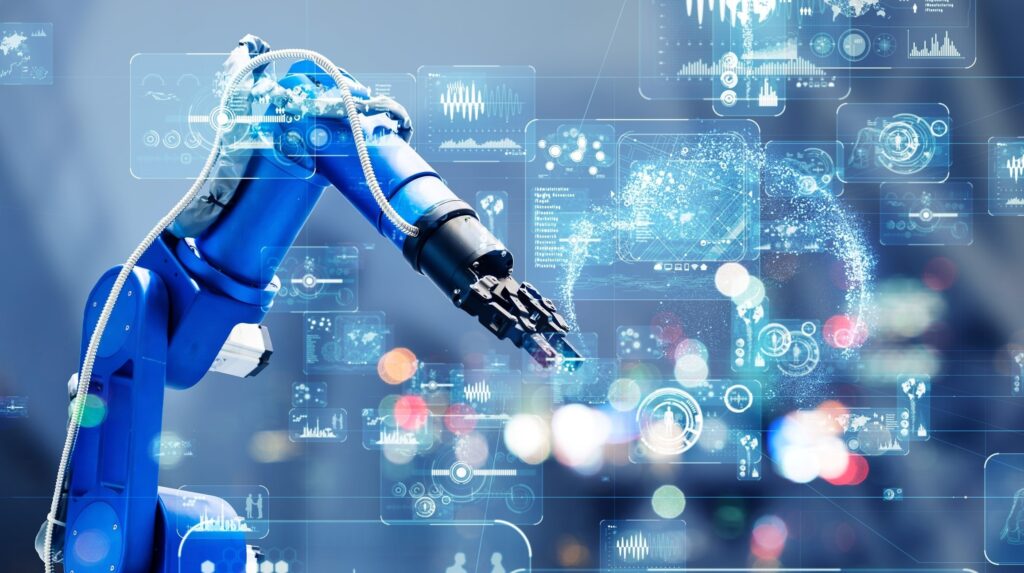
One of the most important aspects of digitalization in manufacturing is time. What do we mean by this? When applying modern digital processes it not only make the manufacturing process more efficient, faster and more more successful when it comes to meeting deadlines, but it also saves time which means that certain parts of the process that would otherwise needed to be done manually, are with the help of digitalization, done automatically, which helps workers to focus on different tasks that require human logic critical thinking and concentration.
Moving away from outdated manual processes and switching to automated processes not only saves time and shortens the timeframe for operational processes, but it also provides a faster delivery to the market a faster implementation of new ideas and projects, or simply put switching to new projects whenever needed and adjusting to the competitive market; and generally speaking – changes the flow no and the the working environment whatsoever.
2.There Will Be More Jobs
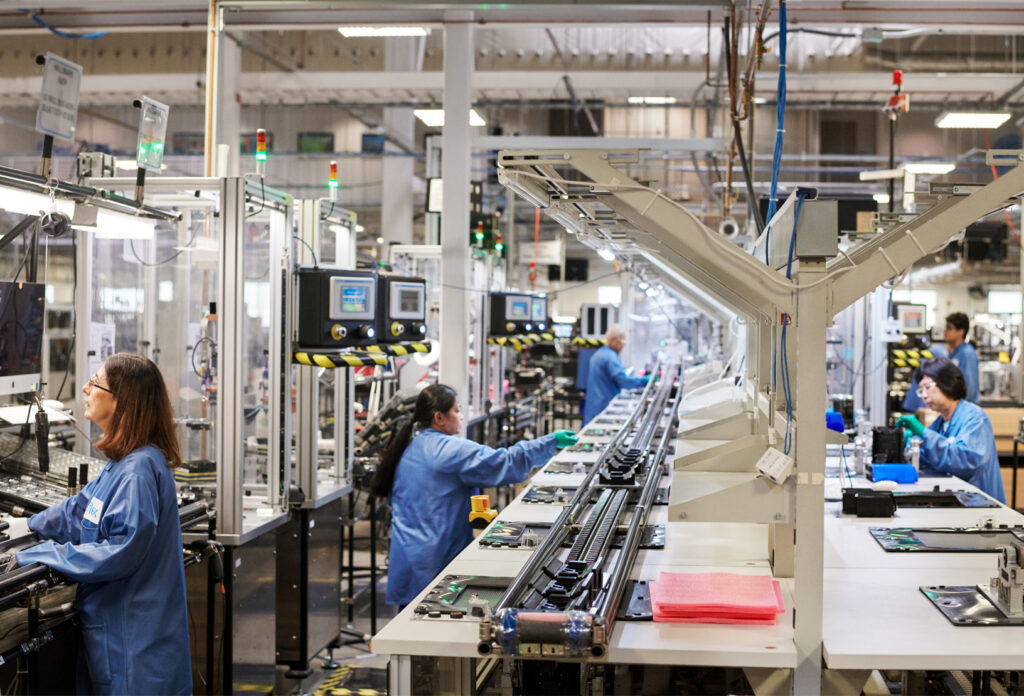
Although there are certain concerns that digitalization in manufacturing will result in leaving people jobless, by thinking that the artificial intelligence and other tools of digital Industries can easily replace some of the the things humans do, this isn’t the case in reality.
What does this mean? Implementing new solutions simply means that that there will be a new generation of employees job titles and job positions. We already experienced a switch when it comes to job requirements, qualifications, background and skills. The very digitalization process is only an extension of that.
There are many people who are interested in new technologies and are willing to increase efficiency in all the manufacturing processes and contribute with their knowledge, curiosity and passion for digital processes. While there weren’t enough opportunities for them before, it seems like things have started to change and more job opportunities are starting to open in many industries, not only in manufacturing, which is also a fantastic aspect of both digitization and digitalization.
3. The Very Process Will Be Much Cheaper
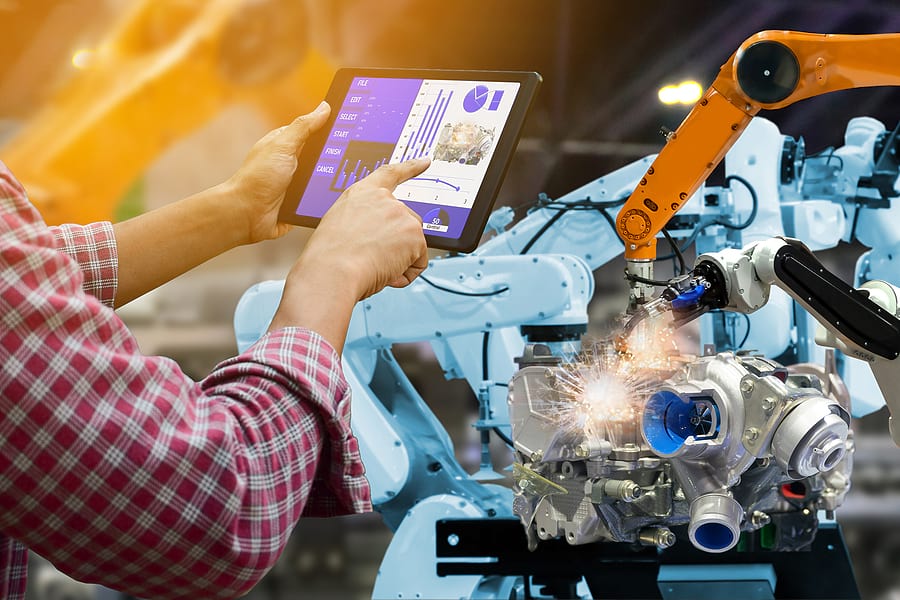
Something that is very important for business owners and manufacturers is the fact that with digital technologies and all the benefits that digitalization brings, they can significantly reduce the costs of manufacturing which is something that helps both small big businesses since it helps them get a better sense of elements such as risk, additional costs, the exact number of goods and helps them simplify the process by knowing exactly what’s happening every step of the way, which prevents unexpected events costs and helps plan a better supply and demand pattern, goals etc.
4. Everything Will Be Simplified
Rather than having to rely on brainstorming and worry about execution, digitalization offers better solutions that are helpful in many ways. Simplifying the working process is also a benefit worth mentioning.
Digitalization helps break down the manufacturing process, assigning who does what and eliminating the risks of making mistakes. When certain segments of the job are done with the help of digital technology, that makes it more simple for employees and employers as well, to determine if the process was successful or not, to set clear deadlines and expect specific results at a specific time. As a result, this also improves communication between all the parties, which leads to a happier working environment.

